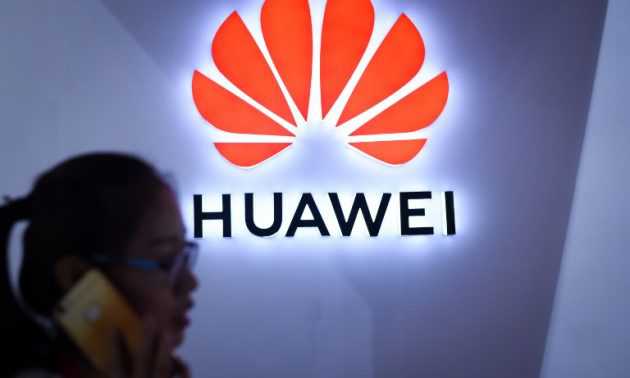Campaign against Huawei faces embarrassing reality
02 January, 2019

Intelligence agencies across the English-speaking world are in widespread agreement about the race to roll out next-generation mobile networks. Top officials from Australia, the UK, Canada and the United States have all said recently that using Chinese telecom giant Huawei’s equipment poses a national security threat.
For service providers in those countries, going along with that assessment comes with a catch. There is no good alternative.
The United States, for its part, offers no competitive fifth-generation wireless network equipment. Europe’s Nokia and Ericsson, meanwhile, are both struggling to catch up to Huawei. South Korea’s Samsung is investing heavily in the area but has come to the party late.
Thanks in part to massive government subsidies, Huawei has been able to offer equipment and services at a fraction of the price of its competitors. It has grown exponentially in the process to leapfrog Nokia and Ericsson and become the world’s largest telecommunications equipment supplier by far.
This is despite the fact that they have long been almost entirely cut out of the US market.
UK executives summed up the sorry predicament of the US-led effort to boycott Huawei, per The Wall Street Journal:
“Executives at one major British wireless carrier say Huawei can deliver products nearly a year before Nokia and Ericsson can offer hardware with comparable technology. They said they were telling U.K. officials, who plan to decide by spring 2019 whether to exclude major Huawei equipment from the country, that blacklisting Huawei could delay by nine months the U.K.’s launch of 5G, the coming generation of superfast wireless technology.”
Nokia and Ericsson, the report says, are also wary that they may be shut out of China’s market if they take advantage of Huawei being shut out of other markets. Indeed, at 15,000, Nokia’s workforce inside the China region is about double that in its home base of Finland. Ericsson, meanwhile, has 12,000 employees in northeast Asia.
Australia and New Zealand have already signed on to the US boycott of Huawei’s 5G gear, leaving their service providers with no choice but to wait for lagging and more expensive alternatives. But there still appears to be resistance in the UK, France and Germany. 2019 will be the year when companies in those countries either hit the ground running with Huawei or are reluctantly forced to save other firms from a terminal decline into irrelevance.
